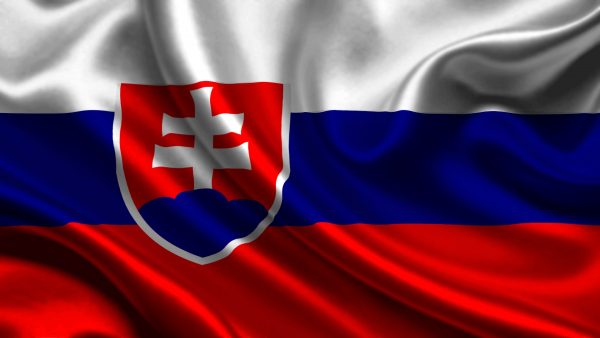The Slovak American Society of Washington, D.C.
presents:
“Košice’s Influential
Communist-Era Subversives“
A talk with Marty Manor Mullins, Ph.D.
Saturday, March 5th at 2:00pm EDT
To register for this event on the Zoom platform, please visit:
https://us06web.zoom.us/meeting/register/tZ0vc-GoqzMjE9HC4IbEpObb0BKNdC-UTndd
If you have any questions about the event, please contact info@dcslovaks.org.
During the communist era, Košice and eastern Slovakia had a unique mix of ethnic, religious, and working-class elements. They all played a role – at times as agents, at other times as victims – at key points in Czechoslovakia’s history: 1948 (communist takeover), 1968 (Prague Spring), and 1989 (collapse of communism). Professor Mullins will look at the city’s Hungarian Calvinists, Rusyn Eastern Rite Catholics, and steelworkers at Košice’s Eastern Slovak Steelworks (today U.S. Steel), and explain how they were significant in each era. By examining these historical participants, she will show how Košice’s experiences during Czechoslovakia’s 20th-century upheavals were different from the experiences of both Prague and Bratislava.
Originally hailing from Orlando, FL, Marty Manor Mullins lived and taught around the world before settling with her husband in northwest Montana. After completing her bachelor’s degree in Secondary Education at the University of Central Florida, she embarked on a teaching opportunity in Košice, Slovakia, which would become her home for seven years. She eventually returned to the U.S. to enter the University of Washington’s doctoral program in History, and was awarded a Fulbright-Mellon Fellowship that enabled her to complete her dissertation research in Slovakia. After earning her Ph.D. in 2013, she taught at Tulane University in New Orleans. She currently teaches history and political science at Flathead Valley Community College in Kalispell, Montana. Her published work focuses on East Central European history, politics, and urban life. In addition to teaching, Dr. Mullins serves on the board of the Slovak Studies Association and is a regular participant in SASW’s online Advanced Slovak Conversation Group.


